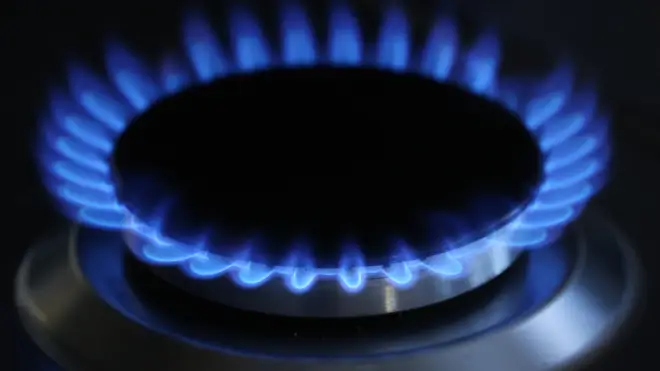
Ian Payne 4am - 7am
1 December 2020, 00:04

Trade body Energy UK said that 15 suppliers, who supply gas and electricity to around seven in 10 British homes, have signed up.
Some of the UK’s biggest energy suppliers have made a series of commitments to ensure that vulnerable customers are better looked after.
Trade body Energy UK said that 15 suppliers, who supply gas and electricity to around seven in 10 British homes, have signed up to a series of commitments, including to ensure that struggling customers can call a freephone line.
“The Vulnerability Commitment is a result of our work with consumers and their representatives to better understand what help is needed,” said Audrey Gallacher, the deputy chief executive of Energy UK.
“The suppliers who have already signed up are sending an important message, which is that we want to go above and beyond existing measures and to continuously improve the quality of support to vulnerable households.”
Those that have signed up include all but one of the group of companies formerly known as the Big Six. NPower, which also owns E.On, did not sign up
It also includes some of the biggest so-called challenger energy companies, including Octopus, Ovo and Bulb.
They only represent a quarter of energy supply companies, but have a market share of around 70%. Other suppliers are invited to join, Energy UK said.
The acting chief executive of Citizens Advice Alistair Cromwell said: “It’s great to see energy suppliers committing to improving services for people in vulnerable circumstances, especially at a time when many households will need support more than ever.
“Every day we help people who can’t get through to their supplier, are having problems with their bills or problems topping up their pre-payment meter.
“This commitment will play a significant role in making these problems a thing of the past. It’s right that we recognise this in our star rating and hope more suppliers will be encouraged to sign-up.”
Other commitments include appointing a champion on the board who is responsible for meeting the other targets, training frontline call centre staff to better identify vulnerable callers, getting feedback from customers on if billing communications are understandable, and performing regular customer research.
Ed Dodman, the director of regulatory affairs at the Energy Ombudsman, said that the trade body “deserves praise” for the new work.
He said: “We know from the complaints we handle that complicated and hard-to-understand bills are a real source of frustration for customers, including those in vulnerable circumstances, and can lead to a breakdown in trust between customer and supplier. It’s therefore encouraging to see suppliers signing up to improvements in this area.”